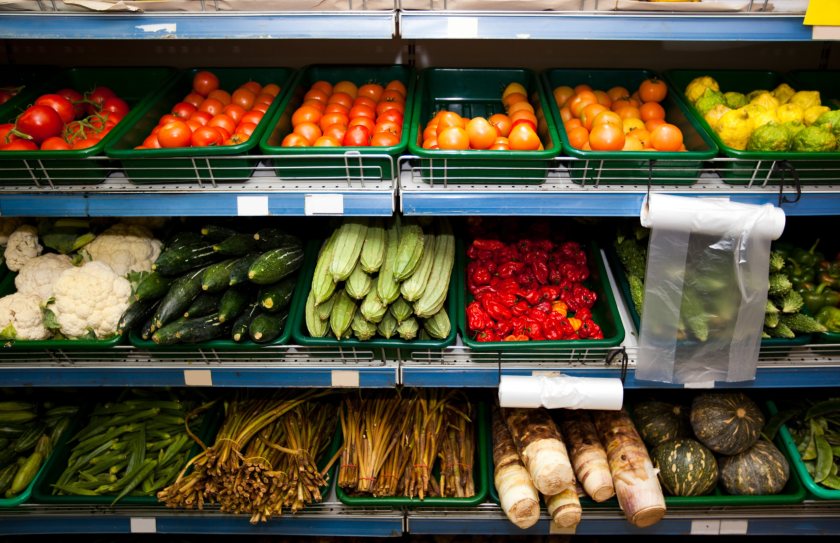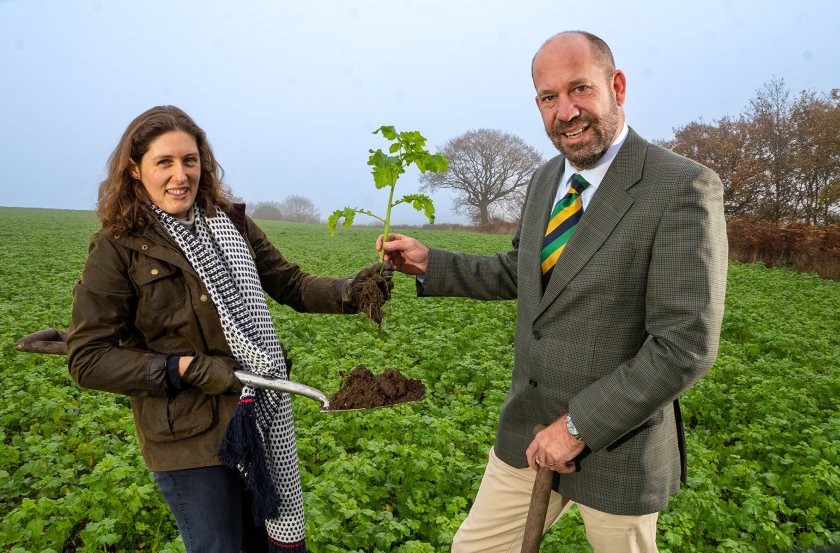
A first-generation Yorkshire farmer is combining her passion for growing food with her medical training after being awarded a prestigious international scholarship.
Dr Hannah Fraser, 26, of Denby Hall Farm near Cawthorne is embarking on a two-year Nuffield Farming Scholarship to explore ‘Displacing empty calories with nutrient dense food’, sponsored by the Yorkshire Agricultural Society.
Hannah, who recently completed her foundation training as a junior doctor at Leeds Teaching Hospitals, is setting out to understand how UK farmers can be rewarded for promoting the nutrient density of the food they produce.
She will start her scholarship journey by visiting Canada and the USA in the spring, where she plans to meet agricultural, scientific and academic experts to explore her study topic.
Following months of dedicated research, Hannah will then present her findings to peers to influence positive change within farming and the food supply chain.
Hannah is not from a farming background, but she and husband Alex jumped at the chance to take up the tenancy of his family’s 260-acre Denby Hall Farm four years ago.
Since then, they have recently taken on another farm, Jowett House Farm, which is an additional 200 acres.
With a keen interest in how farming impacts soil health, Hannah and Alex, and his brother Rob, have built a successful organic arable farm.
It operates a simple system of growing grass-clover cover crops to lock nitrogen into the soil and promote healthy root structures, in rotation with cereal crops.

They have adopted minimum tillage to limit disturbance of the goodness captured in the soil and are about to introduce an agroforestry farming system.
This will involve planting 3,500 trees in strips alongside their cereal crops to further improve soil quality and promote biodiversity.
As a forward-thinking farmer who also has first-hand experience of chronic health issues as a junior doctor, Hannah said she was excited about the role farmers could play in boosting the nation’s health.
“My ambition is to help bridge the gap between food producers and healthcare providers," she said, "My interest in the nutrient density of food comes from over six years of medical training and two years working as a junior doctor.
“The medical profession has made great advances, but we are still fighting these diseases, we haven’t found the cure, and so I started to think, is there anything else to be done?
"There is a movement now around ‘lifestyle medicine’ which looks at the role of exercise, sleep, mental health, and the food we eat."
Her study will look at whether farmers can farm in particular ways to produce more nutritionally dense food, and what relationships they need to build with supermarkets and the wider supply chain.
"Ultimately, if we can produce and consume more nutrient dense food, this could be a way of helping patients suffering from chronic disease and it could even go some way to reducing the prevalence of some diseases in the first place.”
Hannah believes consumers can be fixated on calorie counting and macronutrients when making dietary choices, however it is micronutrients and photochemicals that are essential for health, but often lacking in our modern-day diet.
The agricultural industry and the wider food supply chain could also have a better understanding of how farming practices impact upon the nutrient density of meat and crops.
“As consumers, we are stabbing in the dark about what food we are putting on our plates and what nutrients are there," Hannah added.
"We all know how many calories we are supposed to eat, but we need to make sure that what we are eating also has the right nutrients.
“At farm-level, there are many different ways of farming and the decisions we make everyday influence how well a crop grows and how full of nutrients it is.
"If we can better understand how the way in which we produce our food impacts upon its nutrient density, this could have a hugely positive impact on our health and so it is an area of research that should be looked in to."
